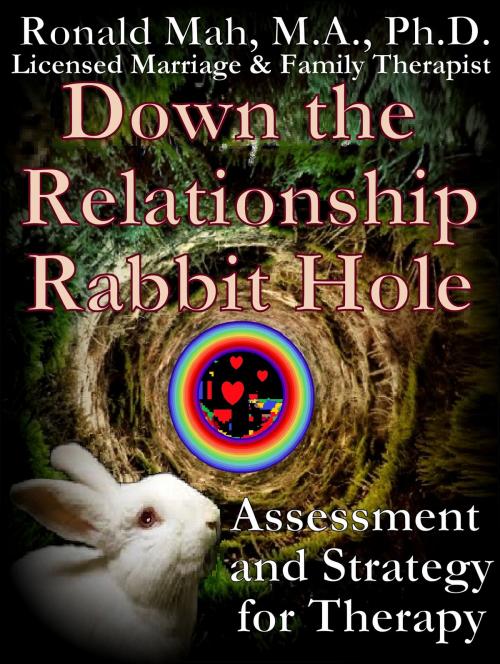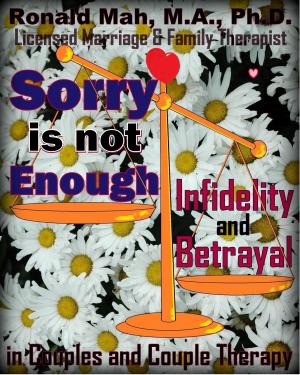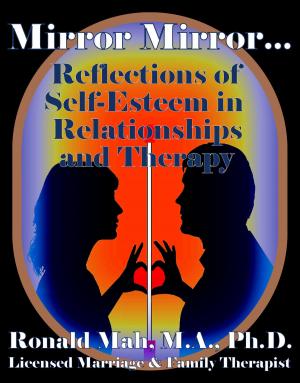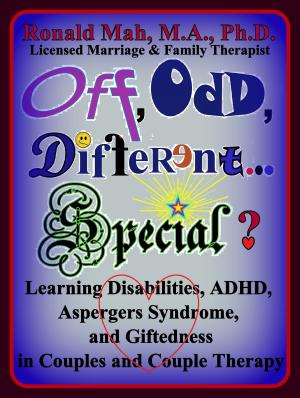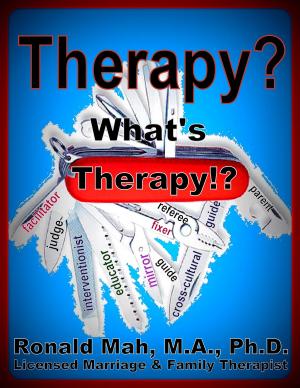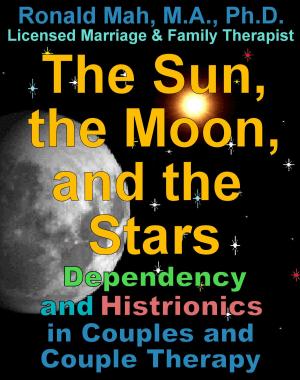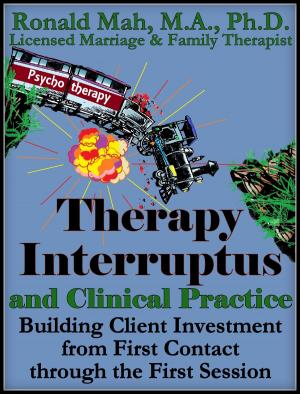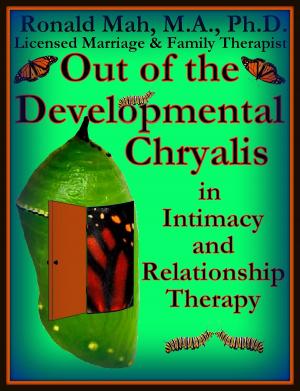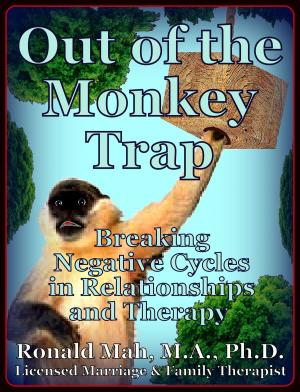Down the Relationship Rabbit Hole, Assessment and Strategy for Therapy
Nonfiction, Health & Well Being, Psychology, Family Therapy, Counselling| Author: | Ronald Mah | ISBN: | 9781311360724 |
| Publisher: | Ronald Mah | Publication: | December 1, 2013 |
| Imprint: | Smashwords Edition | Language: | English |
| Author: | Ronald Mah |
| ISBN: | 9781311360724 |
| Publisher: | Ronald Mah |
| Publication: | December 1, 2013 |
| Imprint: | Smashwords Edition |
| Language: | English |
"Down the Relationship Rabbit Hole, Assessment and Strategy for Therapy “ asserts assessment is critical for successful therapy. Individuals often come with issues that affect their ability to have successful relationships, not the least of which are committed romantic intimate relationships. Couples and families come to therapy to repair fractured relationships causing great pain and dysfunction.
Straightforward questions help assess the quality and dynamics of relationships and direct therapy. Trust, vulnerability, self-expression, empathy, and investment are presented as foundational to intimate relationships, as power tools to assess relationship quality, and to also direct therapy to build relationships. The seven-step devolution of relationship model also is used to assess quality and status of problematic relationships and to direct therapeutic strategies and interventions to heal and rebuild positive relationships.
Assessment, intervention, and evaluation become unified therapeutic processes using the set of beginning questions and the two valuable models presented in this book by a licensed marriage and family therapist highly experienced in working with difficult relationships.
"Down the Relationship Rabbit Hole, Assessment and Strategy for Therapy “ asserts assessment is critical for successful therapy. Individuals often come with issues that affect their ability to have successful relationships, not the least of which are committed romantic intimate relationships. Couples and families come to therapy to repair fractured relationships causing great pain and dysfunction.
Straightforward questions help assess the quality and dynamics of relationships and direct therapy. Trust, vulnerability, self-expression, empathy, and investment are presented as foundational to intimate relationships, as power tools to assess relationship quality, and to also direct therapy to build relationships. The seven-step devolution of relationship model also is used to assess quality and status of problematic relationships and to direct therapeutic strategies and interventions to heal and rebuild positive relationships.
Assessment, intervention, and evaluation become unified therapeutic processes using the set of beginning questions and the two valuable models presented in this book by a licensed marriage and family therapist highly experienced in working with difficult relationships.
